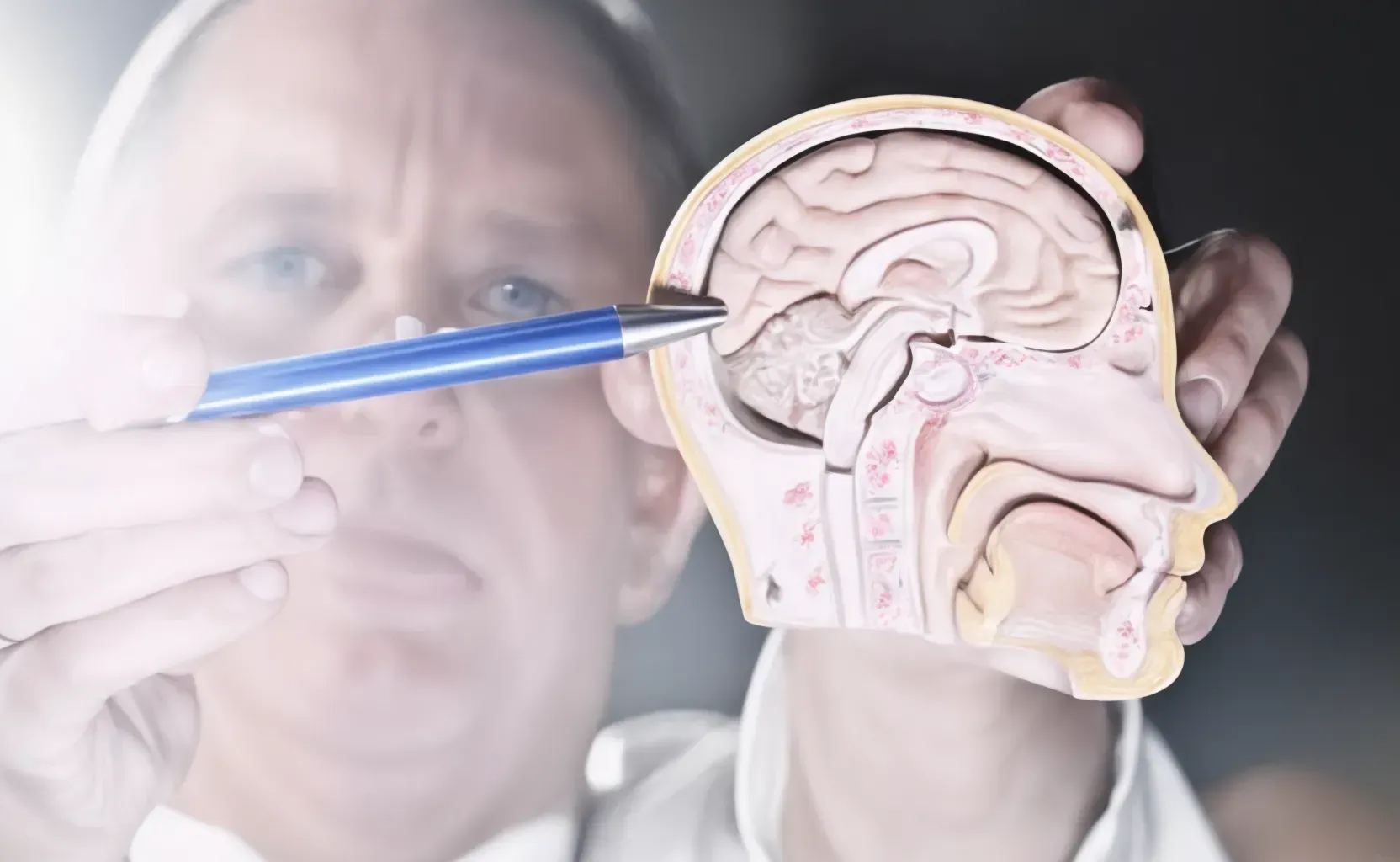Explore Our Blog
How Addiction Affects the Brain’s Decision-Making Center
Advance Minds Blog
A safe space to explore subjects within the community such as mental health, substance abuse and personal identity.
Our safe space also provides the opportunity for real individuals to express their hardships and success through writing.
Addiction is not just about lack of willpower — it involves real, measurable changes in how the brain works.

One of the most affected areas is the prefrontal cortex, the part responsible for decision-making, impulse control, and rational thinking.
Let’s explore how substance use impacts this critical brain function and makes breaking the cycle of addiction more complex than it seems.
1. The Prefrontal Cortex and Its Role 🧩
- The prefrontal cortex governs logic, planning, problem-solving, and impulse control.
- It helps people weigh consequences and make thoughtful choices.
- In addiction, this region becomes impaired and loses its ability to regulate behavior effectively.
2. Addiction Weakens Impulse Control 🚫
- Drugs overstimulate the brain's reward pathways, reducing the brain's natural inhibition.
- As addiction progresses, individuals become more driven by cravings and less able to resist them.
- This leads to compulsive drug-seeking even when people are aware of the harm it causes.
3. Risk vs. Reward Becomes Skewed ⚖️
- Addicted brains struggle to assess long-term risks accurately.
- Short-term reward (e.g., the high) outweighs the negative long-term consequences.
- Logical reasoning is often overridden by the intense need to feel relief or pleasure.
4. Memory Systems Support Cravings 🧠🔁
- The brain stores powerful memories of substance use experiences.
- These memories trigger intense cravings when exposed to cues (like places, people, or stress).
- The decision-making center struggles to override these emotionally charged memories.
5. Emotional Dysregulation 😔
- The prefrontal cortex also helps regulate emotions and stress responses.
- In addiction, stress can easily trigger relapse because emotional control becomes impaired.
- Many use substances to escape negative feelings, reinforcing the cycle.
6. Reduced Self-Awareness 🧍♂️
- As brain function declines, individuals may have trouble recognizing the severity of their addiction.
- Denial or justification often results from actual brain changes, not just stubbornness.
- This can make early intervention difficult.
7. Can Brain Function Improve With Recovery? 🔄
- Yes — the brain can begin healing with abstinence and support.
- With time, therapy, and healthy habits, the prefrontal cortex can regain strength.
- Cognitive functions like judgment, planning, and impulse control start to return.
8. Supporting the Brain’s Healing Process 🌿
- Regular exercise improves brain plasticity and impulse control.
- Mindfulness and meditation help regulate emotions and stress.
- Nutrient-rich diets support brain recovery.
- Therapy and support groups help retrain thought patterns and decision-making skills.
Final Thoughts
Addiction is a disease that directly impacts the brain’s ability to make healthy decisions.
Understanding this helps reduce stigma and increase compassion.
With the right tools and support, recovery is not only possible — it's sustainable.

















